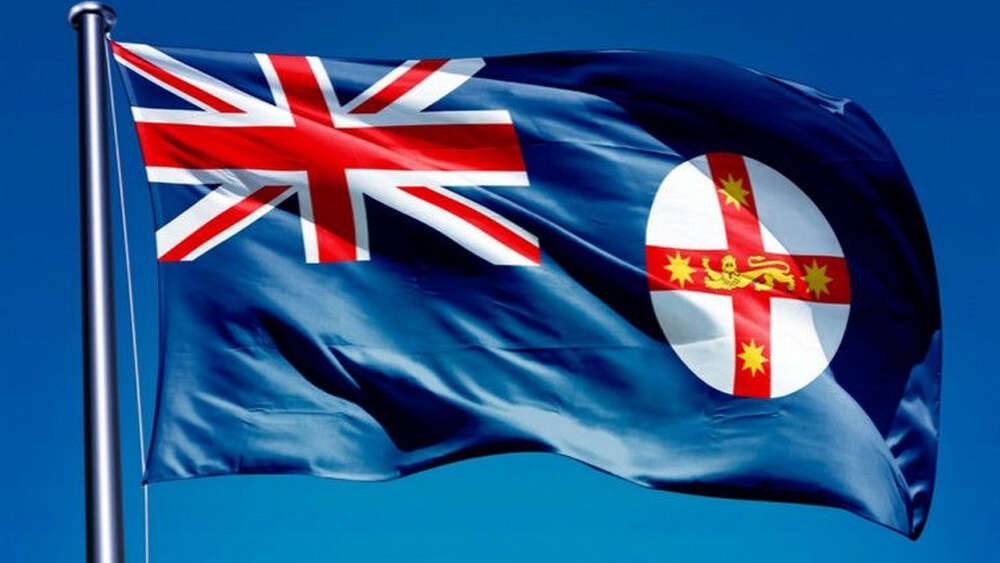A new ban on religious discrimination
NSW promises adding religion to existing protected grounds of disability, sex, race, age, marital or domestic status, homosexuality, transgender status and carer’s responsibilities.
Neil Foster, Associate Professor at Newcastle Law School backgrounds a new religious discrimination law
Many people in NSW would be surprised to discover that it is not presently unlawful to discriminate against someone on the basis of their religion in the State. A café, should it be so minded, can put up a sign saying “we do not serve Buddhists”, or on a job advertisement for new staff, specify “Christians need not apply”. But the NSW Attorney-General has now announced that this will change, with the State government “making discrimination on the grounds of religion unlawful”. The press release notes:
“The NSW Government will introduce a bill in Parliament to amend the Anti-Discrimination Act 1977 (NSW), adding religion to existing protected grounds of disability, sex, race, age, marital or domestic status, homosexuality, transgender status and carer’s responsibilities. These reforms will see NSW join other states and territories in making religious discrimination unlawful.”
This is a sensible and long-overdue reform. It follows a Parliamentary Inquiry by the Joint Select Committee on the Anti-Discrimination Amendment (Religious Freedoms and Equality) Bill 2020, which reported in March 2021 and recommended such legislation. That inquiry was examining a bill introduced by the Hon Mark Latham MLC.
Those interested in this area will know that draft federal legislation on the subject was prepared by the Morrison government following a federal inquiry into the area, the Ruddock Report. A second Exposure Draft was released for consultation in 2019 (for comments on this see here.) The pressures of the Covid-19 pandemic have seen no further progress on that Bill to this point. However, the current federal Attorney-General has announced that the government intends to finalise and introduce a Religious Discrimination Bill by the end of the year. In consequence of that, the NSW Attorney has noted that the State amendments will not be finalised until the federal Bill is enacted, in order to avoid unnecessary conflict between the two laws.
An article in the Sydney Morning Herald quotes commentators suggesting that the Bill will allow “wholesale discrimination against women and the LGBTIQ+ community under the guise of religious freedoms”. These concerns are exaggerated. All discrimination laws in Australia ban detrimental treatment of people on irrelevant grounds relating to their particular “protected characteristics”. But all such laws recognise that sometimes taking into account such characteristics is relevant to decision-making. Sex discrimination laws recognise legitimate roles for differentiating men’s and women’s sporting competitions. Race discrimination laws allow someone from a particular race to be employed as an actor playing someone of that race.
Similarly, it is relevant when a Christian or Islamic school, for example, has a policy that its teachers must support the religious worldview of the school, which has been set up so that parents can send their children there to grow up as part of a faith-based community. There is no “wholesale” discrimination in religious groups operating in accordance with their religious ethos, just as there is none when political parties employ people who support their political views.
Laws already in force around Australia have clauses which can be described as “balancing clauses”, which put in place an appropriate balance between the rights of religious groups to operate in accordance with their ethos, with rights of others not to be discriminated against where such decision-making is on irrelevant grounds. Sex discrimination legislation allows the Roman Catholic Church to only ordain men as priests. Religious discrimination laws already in place in other States and Territories recognise the right of religious groups not to be required to act against their fundamental convictions, where those convictions do not lead to violence or oppression of others. We don’t know the details of the proposed federal and NSW laws on the topics yet, but it seems likely that they will follow these patterns. Rather than “prioritising” the rights of one group over another, the laws will simply take their place in a patchwork of legislation providing a range of protections to citizens in our multi-cultural and multi-faith community.
Neil Foster runs the Law and Religion Australia blog
Pray
Some prayer points to help
Pray for the religious discrimination debate, federally and in NSW


